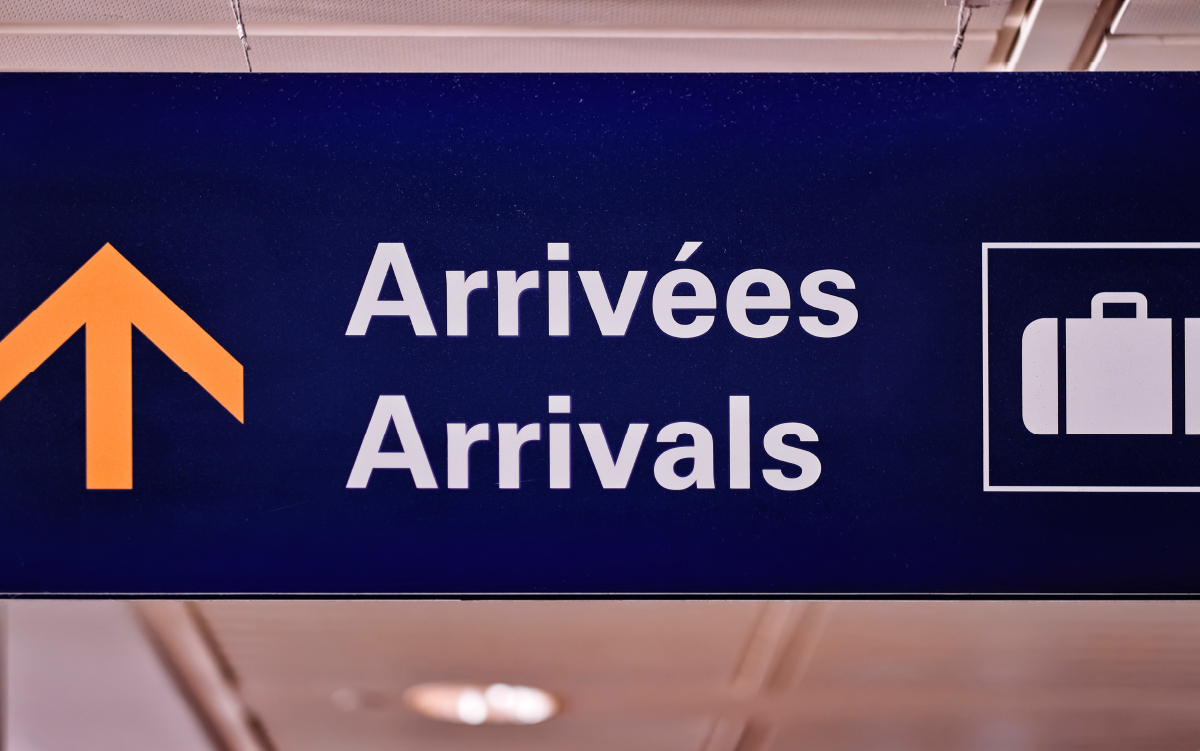Bilingualism in Canada can be perceived as beneficial for some, while others do not emphasize its importance. From June 14 to June 16, 2024, we surveyed Canadians to find out their opinions and perceptions regarding bilingualism in Canada.

Some of the key highlights of our survey on bilingualism in Canada include…
- More than four Canadians out of ten (43%) think Canada’s official bilingualism is positive, while one-third (34%) are indifferent, and 18% think it is negative. Quebecers (70%) are more likely to think bilingualism in Canada is a positive thing when compared to the rest of Canada (35%).
- Half of Canadians (52%) think it is important that Canada remains an officially bilingual country, while 42% think it is not important. The differences in opinion between Quebecers and respondents from the rest of Canada are significantly different. 83% of Quebecers believe the importance of bilingualism in Canada, while only 43% of respondents from the rest of Canada share this view.
- One-third of Canadians (34%) think provinces other than New Brunswick (which is already bilingual) should become officially bilingual. This proportion is significantly higher in Quebec (60%).
- Over half of Quebecers (55%) believe that their province should be officially bilingual, while only 22% of respondents from other Canadian provinces feel the same way about their respective province. Additionally, 65% of Canadians outside Quebec believe that Quebec should be officially bilingual.
Methodology
This web survey about bilingualism in Canada was conducted from June 14 to June 16, 2024, with 1,536 Canadians aged 18 or older, randomly recruited from LEO’s online panel. A margin of error cannot be associated with a non-probability sample in a panel survey. For comparison, a probability sample of 1,536 respondents would have a margin of error of ±2.5 %, 19 times out of 20.



